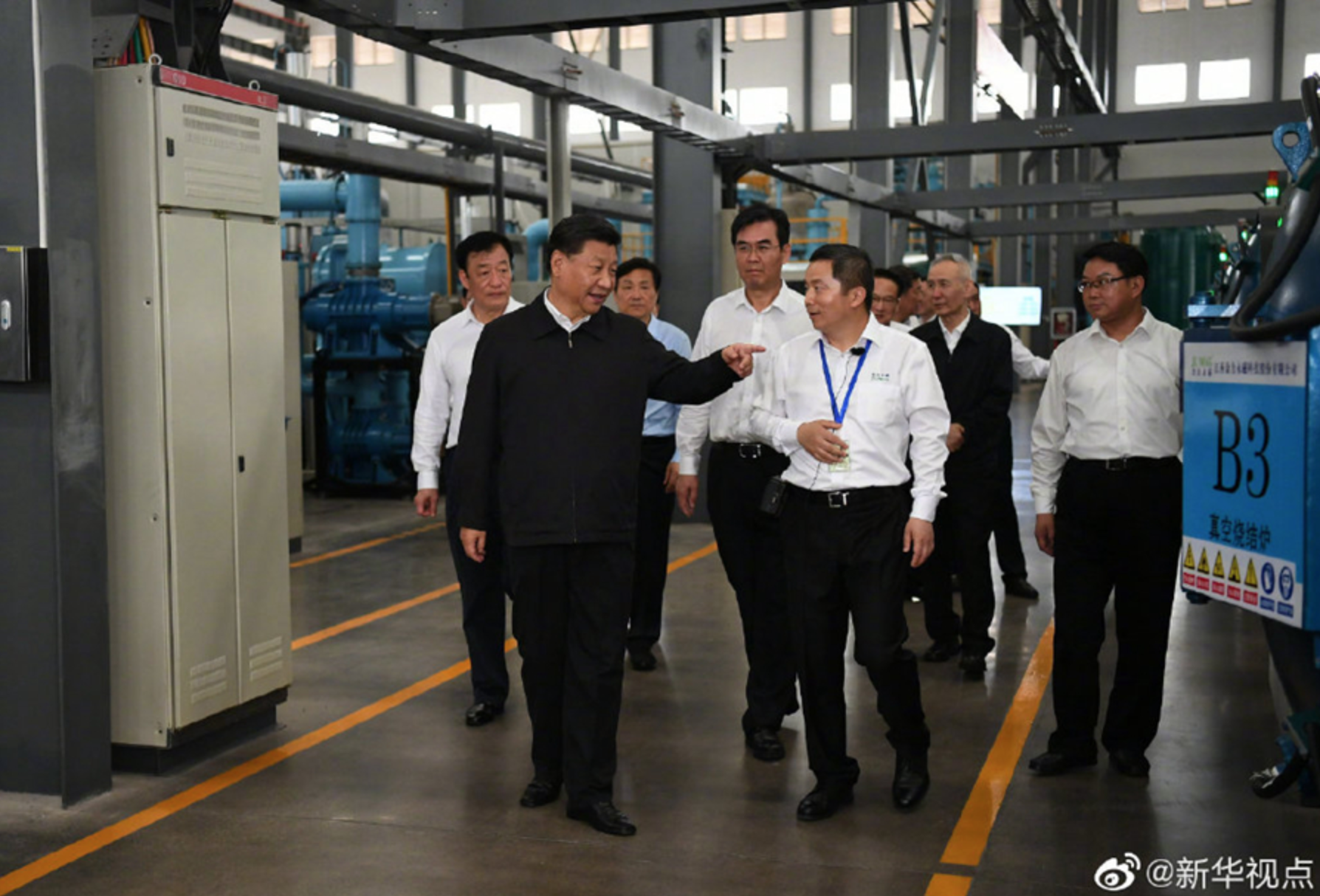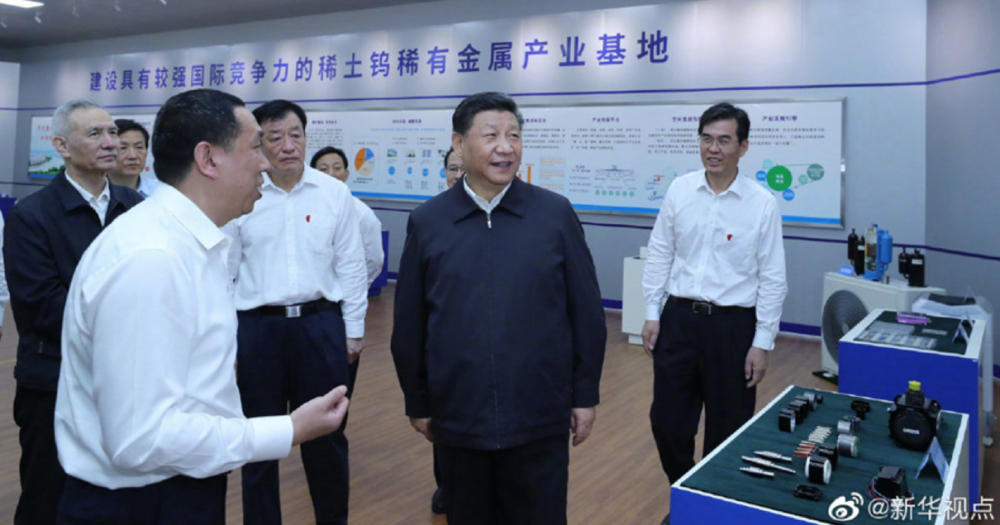The United States might have gone after Chinese telecommunications giant Huawei as the trade dispute with China intensifies, but China has a trick up its sleeve -- its rare earth supplies.
What are rare earths?
Rare earths are materials used in both consumer and high-tech devices, such as iPhones, rechargeable batteries, computers, electric car motors, military jet engines, and satellites.
Unlike what its name suggests, rare earths are abundant in quantity, but are difficult and costly to mine and process cleanly.
China produces more than 95 percent of the world's rare earths, according to AFP.
In addition, it holds 37 percent of global rare earths reserves.
The U.S. relies on China for 80 percent of its rare earth imports.
Washington has imposed US$250 billion of tariffs on Chinese goods.
But it has yet to impose tariffs on rare earth imports from China.
According to James Kennedy, president of ThREE Consulting, if China chooses to embargo these materials, it could shut down "nearly every automobile, computer, smartphone and aircraft assembly line outside of China".
Potential weapon in the trade dispute?
Chinese President Xi Jinping visited a rare earths hub in Jiangxi province, China, on Monday, May 20.
 Image via Xinhua
Image via Xinhua
He was accompanied by Vice Premier Liu He, the point person who led the Chinese delegation in trade talks with Washington.
Xi's visit has sparked speculation that China plans to use the rare earths material as a weapon in the ongoing trade dispute and as retaliation against the US' latest round of tariffs on Chinese goods, sending stocks soaring for rare earths-related Chinese firms.
Not so fast
But analysts say the significance of the visit lies more in its optics than anything else.
Ryan Castilloux, managing director of Adamas Intelligence, a consultancy that tracks the rare earths market, told Reuters that Xi's visit is meant to signal to the U.S. that China knows its "vulnerabilities".
Unlikely China will pull plug on rare earths supply
China is unlikely to cut off supplies to the U.S. -- or any country -- just yet.
This is because doing so might lead to a drastic escalation in the dispute that China does not wish to see.
Li Mingjiang, an Associate Professor at Singapore's Rajaratnam School of International Studies (RSIS), told AFP that Xi's visit to the rare earths factory did not happen by chance, and it means that policy circles in China are considering a ban on rare earth exports as a policy weapon against the U.S.
But such a ban might be seen by the U.S. as a "significant escalation of the trade war".
Unlike the ban on Huawei by the U.S., which is specifically targeted towards companies, a ban on rare earth exports by China might be seen as targeting an entire country.
And that might not be something that Beijing wants.
Furthermore, while China is the world's leading producer of rare earths, it is not the only supplier.
According to Reuters, rare earths are also mined in India, South Africa, Canada, Australia, Estonia, Malaysia and Brazil, although few alternative suppliers would be able to compete with China.
Top image via Xinhua
Content that keeps Mothership.sg going
???
Remember when you had to practice ting xie (Chinese spelling) like there was no tomorrow?
??
Maybe can steam fish with this and make gr8 ginger recipes.
??
What if your favourite xiao long baos were made into a dessert?
?️?
You probably know "Speak of Cao Cao, and Cao Cao arrives". But did you know he sometimes arrives in a Gundam suit?
❤️?❤️
Hit (on) your friends at a human whack-a-mole here.
If you like what you read, follow us on Facebook, Instagram, Twitter and Telegram to get the latest updates.
